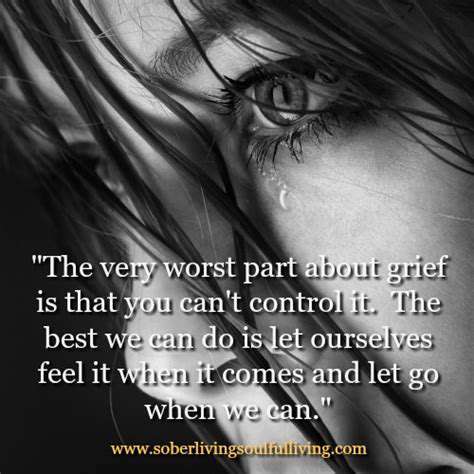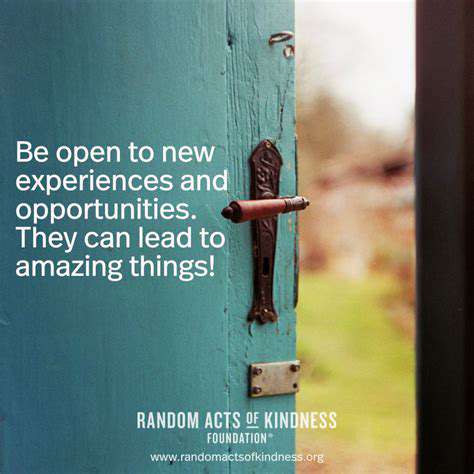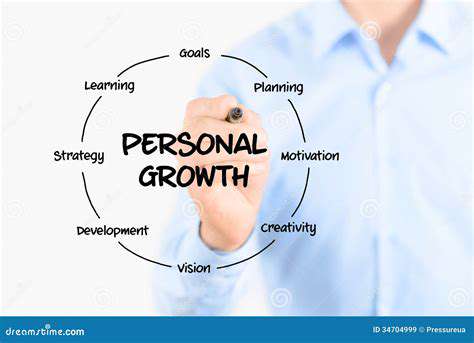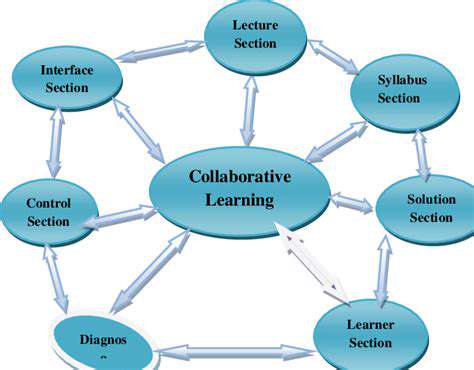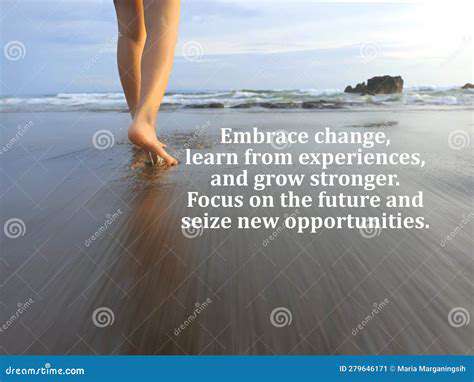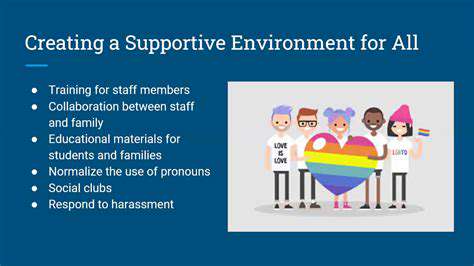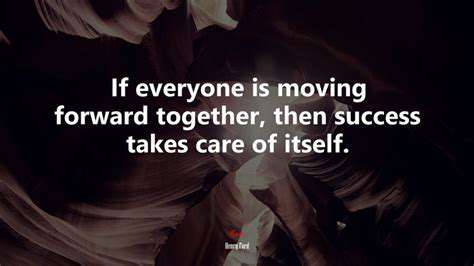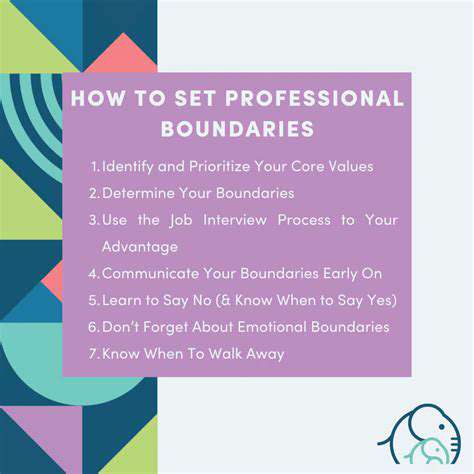Emotional Impact of Divorce and Breakups
Acceptance emerges gradually, often arriving in quiet moments rather than dramatic breakthroughs. It might appear when you realize you've gone a full hour without thinking about your ex, or when making a decision based solely on your preferences. These small victories accumulate, slowly rewriting your self-narrative from we back to I.
Rebuilding Your Life and Rediscovering Yourself
Post-divorce reinvention isn't about erasing the past, but rather integrating those experiences into a new version of yourself. Many discover latent talents or interests that were suppressed during the relationship. This might mean returning to abandoned creative pursuits, exploring new career paths, or simply learning to enjoy your own company.
The physical environment plays a crucial role in this transformation. Redecorating your space, changing routines, or even relocating can provide tangible markers of your new chapter. These external changes reinforce internal growth, creating a feedback loop that propels you forward.
Seeking Support and Maintaining Hope
Isolation is the enemy of recovery during this period. While the instinct to withdraw is strong, connection accelerates healing. Beyond traditional therapy, consider specialized divorce support groups where you can share experiences with those on similar journeys. Professional guidance can provide structure when emotions feel chaotic.
Hope often returns first in small doses - a genuinely good day, a new friendship, a completed project. These moments are the building blocks of your new life, proof that joy still exists in your future. Collect them consciously, using them as anchors during tougher moments.
The Impact on Self-Esteem and Identity
The Erosion of Self-Worth
Relationship endings can trigger profound identity crises. When someone who knew you intimately rejects that version of you, it's natural to question your fundamental worth. This is particularly true for those who derived significant self-definition from their partner's perceptions. The path back involves separating your intrinsic value from the relationship's outcome.
Rebuilding requires actively challenging negative self-talk. When you catch yourself thinking I'm unlovable or I failed, pause and examine the evidence. More likely, the relationship's end reflects incompatibility or circumstance rather than personal deficiency. Cognitive behavioral techniques can help restructure these automatic thoughts.
Identity Crisis and Role Redefinition
Divorce forces a reckoning with the labels we've carried - spouse, partner, in-law. Shedding these roles creates space for more authentic self-definition. Some find this freedom exhilarating; others find it terrifying. Both reactions are valid steps in the rediscovery process.
This is an ideal time to explore interests that may have been sidelined during the relationship. Whether it's returning to school, traveling solo, or diving into new hobbies, these activities help reconstruct identity from the inside out rather than through relational roles.
Impact on Social Identity
Your social landscape inevitably shifts post-divorce. Mutual friends may choose sides, or you might find certain gatherings too painful to attend. While these losses compound the grief, they also create opportunities to cultivate relationships that align with your evolving identity.
Building new social connections requires vulnerability many aren't ready for immediately. Start small - a coffee date with one person rather than group events. As confidence grows, so can your social circle. Quality matters more than quantity during this rebuilding phase.
Emotional Regulation Challenges
The stress of divorce can short-circuit normal emotional regulation systems. You might find yourself overreacting to minor frustrations or feeling numb during significant events. These are normal stress responses, not personal failures.
Grounding techniques - focusing on physical sensations, controlled breathing, or mindfulness exercises - can help restore equilibrium in intense moments. Over time, as the nervous system recalibrates, emotional responses will stabilize.
Fear of Future Relationships
It's natural to approach new relationships with caution after being hurt. However, when this caution becomes avoidance, it may signal unresolved trauma. The healthiest approach acknowledges past pain while remaining open to future possibilities.
Before pursuing new romantic connections, ensure you've processed the previous relationship's lessons. Dating post-divorce works best when it's a choice rather than a reaction to loneliness or societal pressure.
Strained Family Dynamics
When children are involved, the emotional calculus becomes exponentially more complex. Parents must navigate their own grief while providing stability for children experiencing their own loss. This often requires compartmentalizing emotions in ways that can feel inauthentic but serve a greater purpose.
Consistency and honesty (age-appropriate) help children adjust. Maintaining routines while acknowledging the changes creates security amidst the upheaval.
Long-Term Effects on Mental Well-being
While time does heal most wounds, some scars remain. The key is ensuring these scars become sources of wisdom rather than ongoing pain. Many who've navigated divorce successfully report emerging with greater emotional intelligence and self-awareness.
Proactive mental health maintenance - through therapy, support networks, and self-care practices - transforms divorce from a defining tragedy to one chapter in a larger life story. The narrative you construct about this experience ultimately determines its long-term impact.
Long-Term Effects and Strategies for Coping

Long-Term Health Impacts
The stress of marital dissolution can manifest physically years later if unaddressed. Chronic inflammation, weakened immune response, and cardiovascular strain are common in those who don't process their emotional trauma. Mind-body practices like yoga or tai chi can help repair this damage by lowering cortisol levels and improving nervous system regulation.
Nutrition often suffers during high-stress periods. Working with a nutritionist to develop an anti-inflammatory eating plan can counteract both the emotional and physical toll. Small, consistent changes create compounding benefits over time.
Financial Planning and Stability
Financial anxiety frequently outlasts other divorce-related stresses. Creating a detailed, realistic budget provides a sense of control amidst the uncertainty. Many find working with a financial planner specializing in divorce recovery helps them make strategic decisions rather than emotional ones.
Long-term, view this as an opportunity to develop financial literacy you may have previously delegated. Understanding investments, taxes, and retirement planning empowers you to build security on your own terms.
Relationship Dynamics and Support Systems
Your capacity for healthy connection may actually deepen post-divorce. Having survived relational rupture, you develop greater discernment about who deserves access to your emotional world. Many report their subsequent friendships become more authentic and fulfilling as a result.
When ready for new romantic relationships, the lessons from your divorce become filters for compatibility rather than reasons to avoid connection. This discernment is the silver lining of your experience.
Career Development and Growth
Divorce often prompts career reevaluation. Some discover untapped professional ambitions once freed from relational constraints; others prioritize flexibility over advancement. Neither approach is inherently better - the key is aligning work with your current values rather than past expectations.
Consider skills developed during your marriage - conflict resolution, budgeting, emotional intelligence - as transferable professional assets. These soft skills are increasingly valued in today's workplace.
Personal Growth and Self-Improvement
The post-divorce period offers unparalleled opportunities for self-discovery. Without the compromises required by partnership, you can explore interests with single-minded focus. Many describe this as their most creatively fertile or intellectually expansive phase.
Documenting your growth through journaling or creative projects creates tangible evidence of your resilience. Reviewing these records during difficult moments provides powerful reminders of how far you've come.
Environmental Sustainability and Responsibility
As you rebuild your living situation, consider incorporating eco-conscious practices. Downsizing your home footprint, adopting plant-based meals, or investing in energy-efficient appliances can simultaneously reduce expenses and environmental impact.
Many find environmental activism provides a sense of purpose beyond personal concerns. Volunteering for conservation efforts connects you with like-minded individuals while contributing to something larger than yourself.
Building Resilience and Moving Forward
Understanding the Emotional Rollercoaster
The aftermath of divorce resembles an ongoing negotiation between past, present, and future selves. Some days you'll feel like your old self; others, like a complete stranger. This fluidity is actually a sign of growth, not instability. The self that emerges will incorporate lessons from the marriage while transcending its limitations.
Legal processes often force confrontation with painful realities. Framing these necessities as steps toward liberation rather than obstacles can transform your experience of them.
Coping with Grief and Loss
Anniversaries, holidays, and milestones will trigger grief waves long after daily life stabilizes. Rather than dreading these dates, prepare for them. Create new traditions, plan meaningful distractions, or schedule extra support during vulnerable periods.
Some find comfort in ritualizing their grief - writing letters to their former self or holding private ceremonies to acknowledge the transition. These symbolic acts provide closure when traditional mourning rituals are unavailable.
Rediscovering Self-Worth
Your post-divorce identity should be an upgrade, not just a replacement. Consciously cultivate traits you admire - resilience, independence, compassion. Each small act of self-care reinforces your inherent worth outside any relationship.
Physical transformation often accompanies emotional rebirth. Whether it's a new fitness routine, hairstyle, or wardrobe, these external changes can powerfully reinforce internal shifts when approached authentically.
Navigating Practical Challenges
The logistical aftermath of divorce - dividing possessions, establishing separate households, coordinating childcare - can feel endless. Tackle these tasks systematically rather than emotionally. Create checklists, set deadlines, and celebrate completing each item.
Consider hiring professionals for particularly charged tasks like dividing household items. The short-term expense often saves long-term emotional capital.
Building a Support System
Curate your support network intentionally. Some friends will naturally rise to the occasion; others may disappoint. This discernment process reveals who truly belongs in your inner circle moving forward.
Seek out mentors who've navigated divorce successfully. Their perspective provides hope and practical advice unavailable from those still in the trenches.
Developing Healthy Coping Mechanisms
Replace numbing behaviors (excessive drinking, binge-watching) with active coping strategies. Physical activity, creative expression, and service to others channel emotional energy constructively.
Develop a toolkit of go-to strategies for difficult moments - specific playlists, walking routes, or friend contacts. Having these resources prepared makes them easier to access when needed most.
Looking Toward the Future
Envisioning your future self is perhaps the most powerful resilience-building exercise. Imagine yourself five years hence - not in terms of relationship status, but in personal qualities and life experiences. What wisdom would that future you share with your current self?
This forward focus isn't about denying pain, but about recognizing it as temporary. The same adaptability that carries you through this challenge will serve you in countless ways throughout your life's next chapters.


